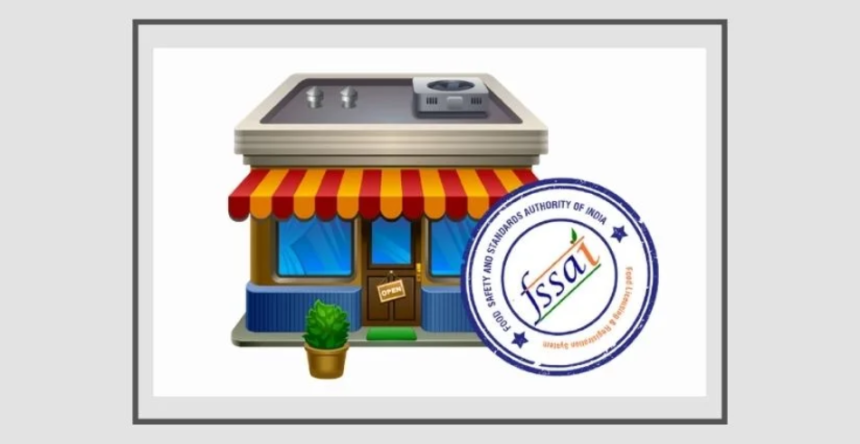
How to Obtain a Food License in India: A Step-by-Step Guide
Are you planning to start a food business in India? Whether you're opening a restaurant, catering service, or selling packaged food items, obtaining a Food Licence is one of the most important legal requirements you must fulfil. In this exhaustive guide, we will walk you through everything you need to know about obtaining a Food Licence in India and why it is essential for your business.
Why Do You Need a Food Licence?
A Food Licence is a mandatory document issued by the Food Safety and Standards Authority of India that ensures your food business complies with food safety regulations. The FSSAI is responsible for forming standards for food safety and hygiene and making sure that food businesses adhere to these rules. Without this license, you cannot legally operate any food-related business in India.
Moreover, having an FSSAI Food Licence adds credibility to your business, assuring customers that your food products are safe for consumption. It can also help you avoid penalties, fines, or even the shutdown of your business by regulatory authorities.
Types of Food Licences in India
There are three types of food licences depending on the size and nature of the food business. They are:
- Basic Registration: This is for small-scale companies with low turnover, such as small vendors, small restaurants, or food hawkers.
- State Licence: If your food business operates on a larger scale within a state or region, you need a State License. It is applicable to medium-sized companies.
- Central Licence: This type of licence is required for large-scale food businesses or those involved in importing or exporting food items across states.
How to Apply for a Food Licence?
Here's a simple step-by-step process to help you apply for a Food Licence in India:
Step 1: Visit the FSSAI Website
To start the application process, visit the official FSSAI website https://www.fssai.gov.in/. On the homepage, you'll find the option to apply for a food license. Click on it and choose the type of license based on your business needs.
Step 2: Create an Account
To apply for a Food Licence, you need to create an account on the FSSAI portal. You will be required to provide your business details, including the name, address, type of business, and other relevant information.
Step 3: Fill Out the Application Form
Once your account is formed, fill out the application form with all the necessary details. The form will ask for information related to your business location, the nature of your business, and the products you sell.
Step 4: Submit Documents
Along with the application, you will need to submit supporting documents, such as:
- Proof of identity and address
- Proof of business premises (rent agreement, ownership documents, etc.)
- Food safety management system plan
- Other relevant certificates depending on the type of food business
Step 5: Pay the Application Fee
Once you've filled out the application form and attached the necessary documents, you will be asked to pay the application fee. The fee differs depending on the type of license and the size of your business.
Step 6: Wait for Approval
After submitting your application and fee, the FSSAI will review your application and documents. If everything is in order, they will issue the Food Licence. This process may take a few weeks, so be patient.
Step 7: Receive the Food Licence
Once your application is authorised, you will receive your Food Licence. This license will be valid for one to five years, depending on the type and scale of your food business.
Benefits of Having a Food Licence
- Legal Compliance: A Food Licence ensures that your food business is legally compliant with the Food Safety and Standards Act.
- Customer Trust: It helps in building trust with your customers, as they know that you are following safety standards.
- Business Credibility: It adds credibility to your business, making it easier to form partnerships with suppliers and distributors.
Expansion Opportunities: With a valid Food Licence, you can expand your business across states and even internationally.
In conclusion, obtaining a Food Licence is an essential step for any food business owner in India. It is not just a legal requirement but also a measure to ensure food safety, hygiene, and customer trust. Whether you are starting a small café or a large food manufacturing unit, make sure to apply for a Food Licence and operate your business with confidence.
For more information or assistance with applying for a Food Licence, visit Sarkari Suvidha or call us at +91 7304701238. We provide comprehensive services to help you navigate the application process smoothly and efficiently.





